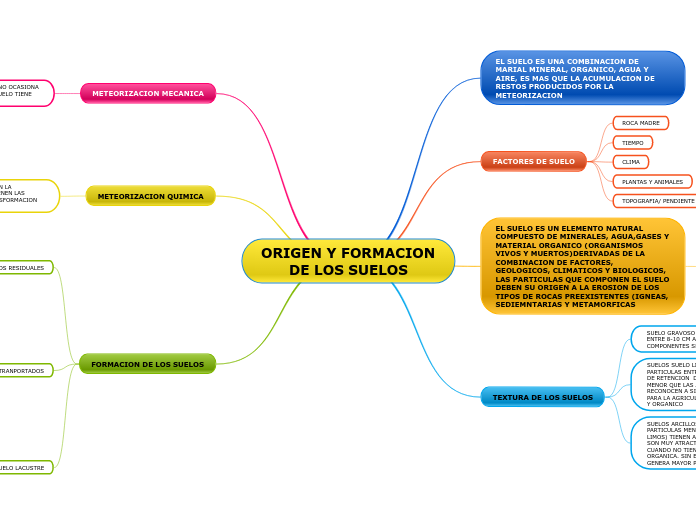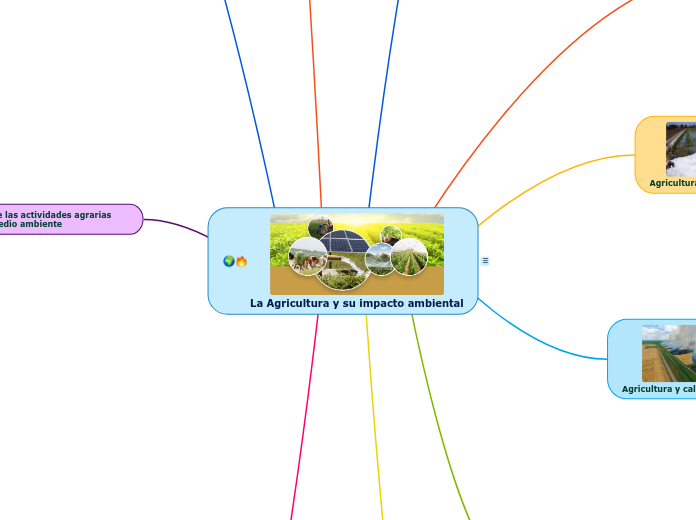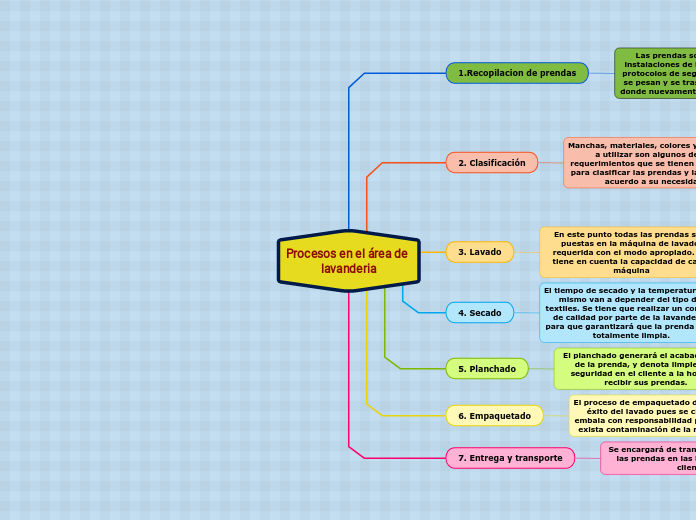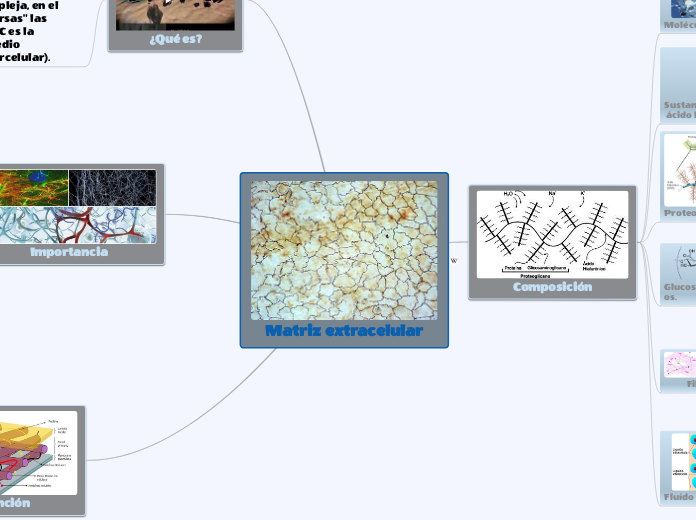ORIGEN Y FORMACION DE LOS SUELOS
The Solar System is the gravitationally bound system of the Sun and the objects that orbit it, either directly or indirectly. Of the objects that orbit the Sun directly, the largest are the eight planets, with the remainder being smaller objects, the dwarf planets, and small Solar System bodies.
FORMACION DE LOS SUELOS
Saturn is known most for its rings.
Galileo Galilei first thought it was an object with three parts: a planet and two large moons on either side.
Not knowing he was seeing a planet with rings, the stumped astronomer entered a small drawing — a symbol with one large circle and two smaller ones — in his notebook.
The rings are made of ice and rock and scientists are not yet sure how they formed. The gaseous planet is mostly hydrogen and helium.
SUELO LACUSTRE
SUELOS TRANPORTADOS
A planet's day is the time it takes the planet to rotate or spin once on its axis.
Write down Saturn's day measured in Earth days.
LOS SUELOS LACUSTRES SE FORMAN MEDIANTE PROCESOS DE EROSION Y TRANPORTE, SEGUIDO DE DEPOSITACION Y CONSOLIDACION BAJO SU PROPIO PESO. EL COMPORTAMIENTO DE LOS SUELOS LACUSTRES DEPENDE PRINCIPALMENTE DE DOS FACTORES: DE SU COMPOSICION Y DE SU ESTRUCTURA.
LOS ALUVION ES MATERIAL DETRITICO TRANSPORTADO Y DEPOSITADO POR UNA CORRIENTE DE AGUA. PUEDE ESTAR COMPUESTO POR ARENA, GRAVA, ARCILLA, O LIMO. SE ACUMULA EN ABANICOS ALUVIALES, CAUCES DE CORRIENTES FLUVIALES, LLANURAS DE INUNDACION Y DELTAS.
LOS SEDIMENTOS PUEDEN SER TRANPORTADOS POR CUALQUIERA DE LOS CINCO AGENTES: AGUA , AIRE, HIELO, GRAVEDAD, Y ORGANISMOS VIVOS. EL TRANPORTE AFECTA A LOS SEDIMENTOS DE DOS FORMAS PRINCIPALES: A) MODIFICA LA FORMA, EL TAMAÑO Y LA TEXTURA DE LAS PARTICULAS POR ABRASION, DESGASTE, IMPACTO Y DESOLUCION. B) PRODUCE UNA CLASIFICACION Y GRADUACCION DE LAS PARTICULAS.
SUELOS RESIDUALES
SE ORIGA CUANDO LOS PRODUCTOS DE LA METEORIZACION DE LAS ROCAS NO SON TRANSPORTADOS COMO SEDIMENTOS SI NO QUE SE ACUMULAN
METEORIZACION QUIMICA
Uranus is an oddball. It has clouds made of hydrogen sulfide, the same chemical that makes rotten eggs smell so foul.
It rotates from east to west like Venus. Its tilt causes extreme seasons that last 20-plus years, and the sun beats down on one pole or the other for 84 Earth-years at a time.
Methane in the atmosphere gives Uranus its blue-green tint. It also has 13 sets of faint rings.
O DESCOMPOSICION QUIMICA, OCURRENCIA EN LA NATURALEZA Y LOS SUELOS FORMADOS NO TIENEN LAS PROPIEDADES DE LA ROCA MADRE, ESTA TRANSFORMACION SE OCASIONA POR REACCIONES QUIMICAS
How long does it take for Uranus to go around the sun?
HIDROLOSIS
SOLUCION
OXIDACION
CARBONATACION
HIDRATACION
METEORIZACION MECANICA
Neptune is about the size of Uranus and is known for supersonic strong winds.
Neptune is far out and cold.
The planet is more than 30 times as far from the sun as Earth.
Neptune was the first planet predicted to exist by using math, before it was visually detected. Neptune is about 17 times as massive as Earth and has a rocky core.
SE ORIGINA POR LA DESINTEGRACION FISICA, NO OCASIONA CAMBIOS EN LA COMPOSICION QUIMICA Y EL SUELO TIENE LAS PROPIEDADES DE LA ROCA MADRE
Moons
Neptune has thirteen moons that we know of and one more waiting for confirmation.
The largest moon is slightly smaller than Earth's Moon and has active volcanoes which erupt like geysers and eject nitrogen frost over the surface.
Name this moon and at least 4 others.
ABRASION
DIFUSION DE RAICES
HIELO
AGUA
VARIACION TERMICA
TEXTURA DE LOS SUELOS
Mars is a cold, desert-like place covered in dust. This dust is made of iron oxides, giving the planet its iconic red hue.
Mars shares similarities with Earth: It is rocky, has mountains, valleys and canyons, and storm systems ranging from localized tornado-like dust devils to planet-engulfing dust storms.
SUELOS ARCILLOSOS (ARCILLA): TIENEN TAMAÑO DE PARTICULAS MENORES QUE 0.002 MM ( INFERIORES A LOS LIMOS) TIENEN ALTA CAPACIDAD DE RETENCION DE AGUA Y SON MUY ATRACTIVOS PARA LA AGRICULTURA SOBRE TODO CUANDO NO TIENEN ALTO PORCENTAJE DE MATERIA ORGANICA. SIN EMBARGO, ESTE TIPO DE SUELO ES EL QUE GENERA MAYOR PROBLEMA EN INGENIERIA CIVIL
SUELOS SUELO LIMOSOS ( LIMO) : TIENEN TAMAÑO DE PARTICULAS ENTRE 0.060 MM Y 0.002 MM TINEN CAPACIDAD DE RETENCION DE AGUA MAYOR QUE LAS ARENAS, PERO MENOR QUE LAS ARCILLAS, SUS COMPONENTES YA NO SE RECONOCEN A SIMPLE VISTA, SUELEN SER ATRACTIVOS PARA LA AGRICULTURA SI TIENEN ALTO CONTENIDO MINERAL Y ORGANICO
SUELO GRAVOSO ( GRAVA) : TIENE TAMAÑO DE PARTICULAS ENTRE 8-10 CM A 2 MM, SON MUY PERMEABLES Y SUS COMPONENTES SE OBSERVAN A SIMPLE VISTA
EL SUELO ES UN ELEMENTO NATURAL COMPUESTO DE MINERALES, AGUA,GASES Y MATERIAL ORGANICO (ORGANISMOS VIVOS Y MUERTOS)DERIVADAS DE LA COMBINACION DE FACTORES, GEOLOGICOS, CLIMATICOS Y BIOLOGICOS, LAS PARTICULAS QUE COMPONEN EL SUELO DEBEN SU ORIGEN A LA EROSION DE LOS TIPOS DE ROCAS PREEXISTENTES (IGNEAS, SEDIEMNTARIAS Y METAMORFICAS
Earth is a water world, with two-thirds of the planet covered by oceans.
It's the only world known to harbor life.
Earth's atmosphere is rich in nitrogen and oxygen.
Its name originates from 'Die Erde,' the German word for 'the ground.'
Earth may once have had two moons, nowadays it has just one.
ES DECIR LOS SUELOS SON EL RESULTADO DE LA INTERACCION DE
A planet's day is the time it takes the planet to rotate or spin once on its axis.
Write down the Earth's day in hours.
BIOSFERA
HIDROSFERA
ATMOSFERA
FACTORES DE SUELO
Venus is Earth's twin in size and has no moons.
Its surface has various mountains and volcanoes. Because of its thick, toxic atmosphere that's made of sulfuric acid clouds, Venus is an extreme example of the greenhouse effect. The average temperature on Venus' surface is 900 F (465 C).
Venus spins slowly from east to west, the opposite direction to most of the other planets.
The Greeks believed Venus was two different objects — one in the morning sky and another in the evening. Because it is often brighter than any other object in the sky, Venus has generated many UFO reports.
TOPOGRAFIA/ PENDIENTE
PLANTAS Y ANIMALES
CLIMA
TIEMPO
ROCA MADRE
Our Solar System has eight “official” planets which orbit the Sun.
Each planet is at a different distance from the sun. Name its position.
EL SUELO ES UNA COMBINACION DE MARIAL MINERAL, ORGANICO, AGUA Y AIRE, ES MAS QUE LA ACUMULACION DE RESTOS PRODUCIDOS POR LA METEORIZACION
Mercury is the smallest, only a little bit larger than Earth's moon. Mercury has no moon.
It experiences dramatic changes in its day and night temperatures: Day temperatures can reach a scorching 840 F (450 C), which is hot enough to melt lead. Meanwhile, on the night side, temperatures drop to minus 290 F (minus 180 C).
It also has a very thin atmosphere of oxygen, sodium, hydrogen, helium, and potassium and can't break-up incoming meteors, so its surface is pockmarked with craters, just like the moon.









